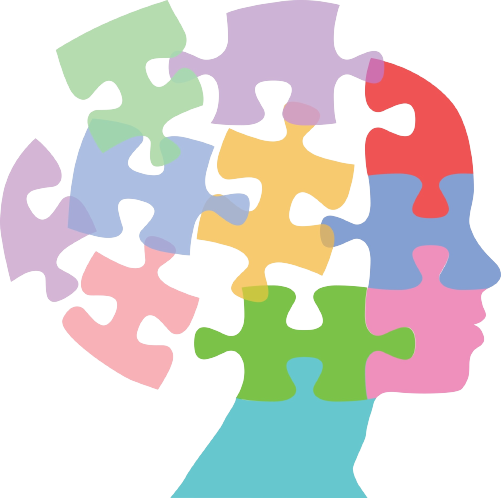Resources
Resources

Do I Need a Psychological Evaluation? 5 Signs It’s Time to Get Tested
When a Psychological Evaluation Makes Sense If therapy or medication hasn’t fully helped, testing may clarify what’s missing. Ongoing struggles with attention, learning, emotions, or organization often benefit from a formal evaluation. Psychological evaluations go...

Does My Insurance Cover Therapy? A Guide to Costs, Coverage & Employee Assistance Programs
Key Takeaways Insurance coverage for therapy varies by provider, diagnosis, and plan. EAPs offer short-term, confidential therapy often without cost. If you're denied coverage, you can appeal or pay out-of-pocket with support. Therapy costs range from $65–$125 per...

A Step-by-Step Guide to Psychological Evaluations with Open Minds
Learn what to expect from intake to results, written by licensed clinicians who understand the emotional weight of getting answers. Quick Answers: What is a psychological evaluation? A structured assessment that helps identify emotional, cognitive, or behavioral...

Why Schools Require a Psychological Evaluation After a Crisis — And What Parents Need to Know
This blog from Open Minds Psychological explains why schools request mental health evaluations after a behavioral or psychiatric crisis and how families can access fast, trauma-informed, school-compliant assessments. Based in Pennsylvania, Open Minds offers 48-hour...

What to Expect in a Psychological Evaluation (Adults & Children)
You're Not Alone: Understanding the Evaluation Process If you're feeling overwhelmed or anxious about a psychological evaluation for yourself or your child, you're not alone. Many parents and adults share similar fears: not knowing what will happen, being flooded with...
Mental Health Matters for Everyone
Provided by the national alliance on mental illness (NAMI)
1 in
1 in
Of U.S. adults experienced a mental illness in 2020
of U.S. adolescents experienced a major depressive episode (MDE) in 2020
Is Open Minds Psychological accepting new patients?
Do you offer 48-hour evaluations for school re-entry or crisis situations?
Does Open Minds Psychological accept insurance?
Yes, we are in-network with Aetna, Lyra, and Spring Health. If you're using another provider, we can supply documentation for out-of-network reimbursement.
Where are your offices located?
We have two physical locations in Pennsylvania: Plymouth Meeting (ZIP 19462) and Phoenixville (ZIP 19460). Telehealth sessions are also available to clients in PsyPact-approved states.
What is PsyPact, and how does it affect your services?
PsyPact allows licensed psychologists to provide telehealth across state lines in approved states. As a PsyPact-certified provider, we can support clients in over 30 U.S. states.
Frequently Asked Questions

Ready to Take the First Step?
You deserve care that listens, explains, and supports you fully. And it starts with a single conversation.
Schedule Now
